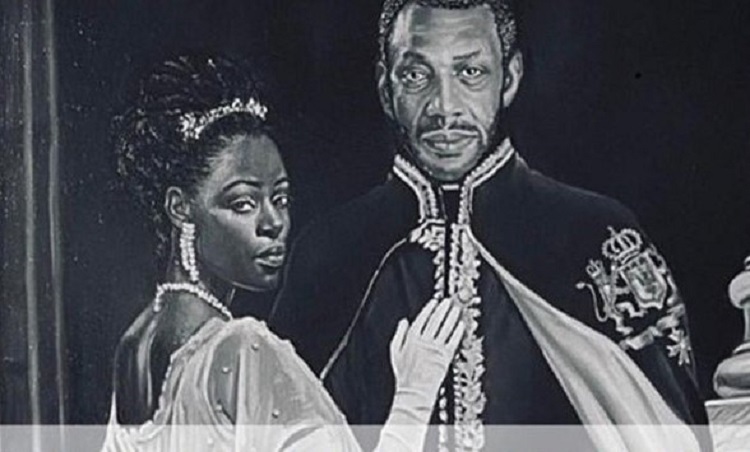In September 1821, Marie-Louise Christophe, Haiti’s first and only queen, arrived in Britain with her two daughters.
Only a year after her husband’s death by suicide and the assassination of her only surviving son following a military coup in the northern Kingdom of Hayti, Marie-Louise leaned on the support of abolitionist friends, including Thomas Clarkson (with whom she stayed for several months upon her arrival), to remake her life in exile.
In 1804, Haiti became the first independent Black state. Having defeated French colonial authorities in a long quest for emancipation and independence, it became a symbol of hope for many oppressed and enslaved people in the Americas and beyond.
As such, it also represented a direct threat to western imperialism. On establishing a Kingdom of Hayti in the northern Haitian territory in 1811, former revolutionary General Henry Christophe sought to cultivate ties with Great Britain, importing British goods and developing an English education programme that, had it been rolled out, might have solidified British cultural influences across the Caribbean more broadly.
Marie-Louise sought a quiet life in exile. After leaving the Clarksons’ home she lived for short periods in Blackheath and Hastings before eventually taking up residence at 49 Weymouth Street in Marylebone.
She would remain there until 1824 when she departed with her daughters for Europe. In 2019 Dr Nicole Willson, a researcher from the University of Central Lancashire, discovered a copy of her will in the UK National Archives, which helped her to trace her movements across Britain and discover more about her interesting life.
Together with the Haitian Chamber of Commerce in Great Britain, she sought support from the Nubian Jak Community Trust to erect a blue plaque at this former residence. To commemorate her time at 49 Weymouth Street, Historic England have granted the Nubian Jak Community
Trust special dispensation to mount a permanent blue plaque on the Grade II listed property. A ceremonial unveiling will take place on Monday 7 February, 2022.
Dr Willson, Researcher from the University Of Central London, said: “This has been a monumental journey which has been several years in the making. I’m glad that, with the help of the Nubian Jak Community Trust, my ultimate goal of securing a blue heritage plaque for Marie-Louise has been achieved.
“Her story, like so many Black women’s stories of struggle and survival, has for so long been consigned to the margins of history, yet it is so very worthy of commemoration. I hope that this plaque will help to raise her profile and bring other stories of Haitian women to light.”
Dr Jak Beula, Nubian Jak founder and CEO said: “The Nubian Jak Community Trust is delighted to be working alongside Dr Nicole Willson and the Haitian Chamber of Commerce in honouring Queen Marie-Louised with a Blue heritage plaque. We trust that 49 Weymouth Street will become a heritage site of interest for Londoners and visitors to the capital, as we remember a remarkable woman who, for the most part, has been a forgotten chapter in British and Caribbean history.”
Councillor Andrew Smith, The Rt Worshipful The Lord Mayor of Westminster: “The life of Queen Marie-Louise and her role as the Queen of the first independent Black state is a fascinating one and it is fitting that she should be commemorated here in the City of Westminster's role in the era of colonialism, but also the significant role of prominent individuals from Westminster in abolition of slavery.”











